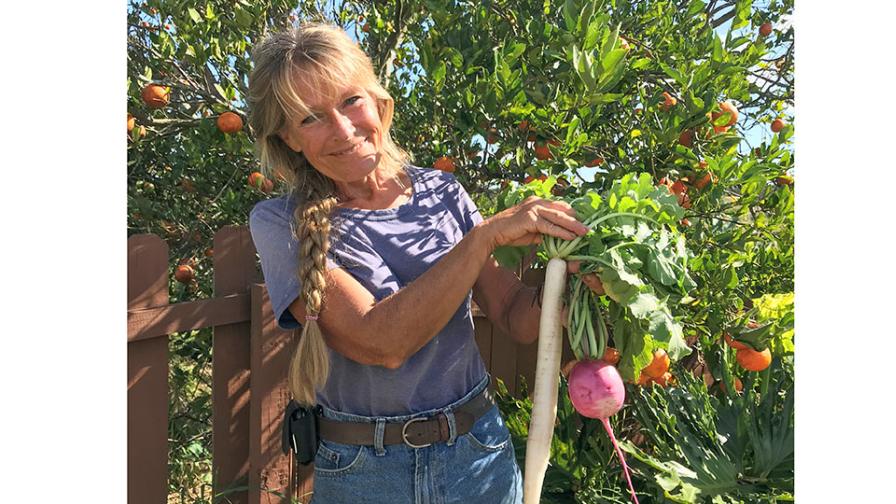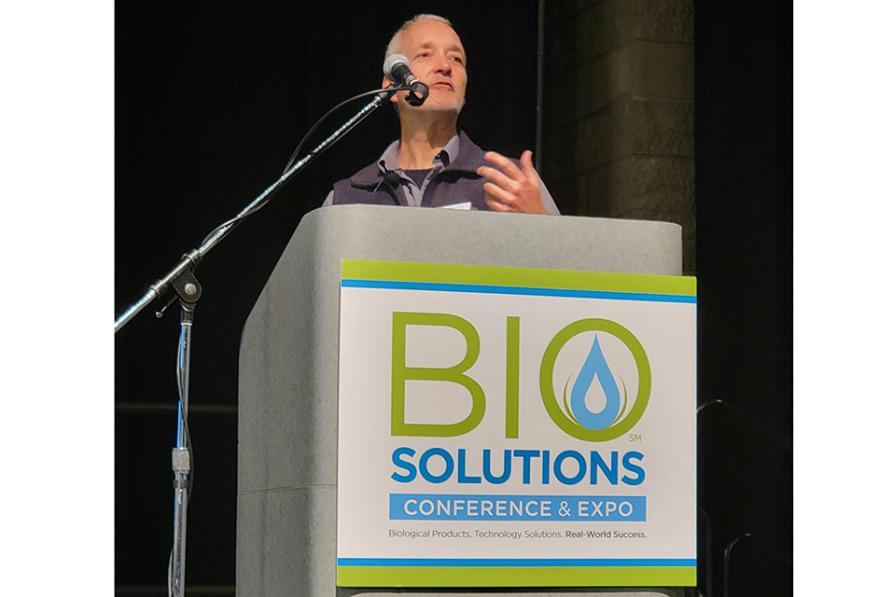How This Organic Vegetable Grower Successfully Manages Her Biocontrol Program

Gayle Thorpe, owner of Thorpe’s Organic Family Farm in Upstate New York, regularly applies two different types of trichogramma to prevent caterpillar pests, one for her sweet corn and the other for her brassica fields.
Gayle Thorpe, owner of Thorpe’s Organic Family Farm, a 2,800-acre operation in Upstate New York, believes in biological products. She’s had great success with them and plans to stick with them going forward.
To get more insight, we asked her about how she manages her biologicals program.
Beneficials Are a Good Fit for the Farm
One of Thorpe’s favorite products is parasitic wasps. She worked with Extension agents to experiment with trichogramma wasps. Pleased with the results, she now regularly applies two different types of trichogramma to prevent caterpillar pests, one for her sweet corn and the other for her brassica fields.
“That has all worked fantastic for us. We put them out every single week. It’s simple and easy. [We] just carry them to the field and distribute them,” Thorpe says.
Trials Can Prevent Major Losses
One lesson Thorpe has learned is to shrink the size of her trials.
She uses a biological seed treatment for her strawberries that boosts yield and fruit quality. Its performance so impressed her, she felt confident enough to apply it to sweet corn seed destined for 30 acres.
The untreated sweet corn is thriving. Thorpe lost about 80% of the treated sweet corn.
Going forward, she will continue to experiment with products. But she’s testing them on a much smaller area.
Thorpe’s Fantasy Biological Product
When we asked Thorpe what product she doesn’t have now that she would love to see on the market, she went all in. She wants to see a biofertilizer-infused solution to a common problem that organic growers across the country struggle with: biodegradable mulch.
The organic certifying organizations in some states, including Thorpe’s in New York, require growers to remove every scrap of left-over plastic mulch at the end of harvest. Organic growers struggle with finding a sustainable product that will degrade in the field enough to avoid the labor-intensive removal while also remaining intact enough to suppress weeds.
Even if experts cannot find that perfect balance of control and degrading, she’d still like to see sheets that feed the soil with microbials and micronutrients.










